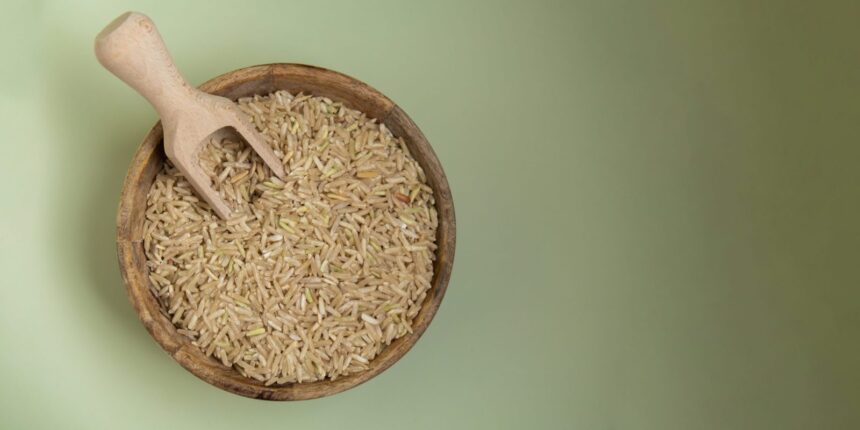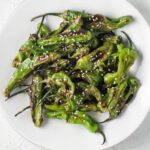
Author Bio
Nicholas Vincent is a passionate environmentalist and freelance writer with a background in environmental studies….
Read More
Arsenic, often called the “king of poisons,” is a naturally occurring element that seeps into rocks, soil, and water—and unfortunately, into our food. The World Health Organization warns that long-term exposure to inorganic arsenic can trigger cancers, cardiovascular disease, lung illness, and even kidney failure. Now, Climate change is amplifying the problem, pushing arsenic levels in rice even higher and posing serious health risks worldwide.
According to The Lancet Planetary Health, rising CO₂ and hotter conditions keep rice paddies waterlogged for longer, starving soil of oxygen. When oxygen disappears, iron minerals that usually trap arsenic dissolve, making arsenic more mobile and easier for rice roots to absorb. That means more contamination ends up on dinner plates, especially in parts of Asia where rice is a dietary staple. Researchers warn that in China alone, this could drive an estimated 13.4 million new cancer cases linked to arsenic exposure.
So what can we do? One surprisingly simple solution is switching from brown rice to white rice. Brown rice retains its bran layer, which stores the bulk of absorbed arsenic, while white rice has that layer removed. Cooking methods also matter—pre-boiling rice for five minutes, draining the water, and then cooking with fresh water can eliminate up to 74% of arsenic while still preserving nutrients.
On a larger scale, improved water management in rice fields could help. Alternating between wetting and drying paddies instead of constant flooding reintroduces oxygen into the soil and reduces arsenic uptake. Selective rice breeding also shows promise, as some rice genotypes naturally absorb less arsenic.
This issue is a reminder that the environment, our food systems, and our health are deeply intertwined. While brown rice is often seen as the more nutritious option, its higher arsenic levels mean white rice may actually be safer for many communities. As Global warming reshapes farming, it’s vital to adapt through sustainable agriculture, safer cooking practices, and more informed choices about what ends up on our plates.
Sign These Petitions!
Please sign our latest and most urgent petitions to help the planet. Every signature counts!
Related Content:
Easy Ways to Help the Planet:
- Eat Less Meat: Download Food Monster, the largest plant-based Recipe app on the App Store, to help reduce your environmental footprint, save animals and get healthy. You can also buy a hard or soft copy of our favorite vegan cookbooks.
- Adopt-a-Pet: Visit WildWatchers, a watchdog platform specifically designed for animal, earth, and wildlife warriors to actively give back, rescue, and protect animals and the planet.
- Reduce Your Fast Fashion Footprint: Stand against fast fashion Pollution by supporting circular brands like Tiny Rescue, which create cause-based collections using recycled, zero-waste clothing designed to be returned and remade, ensuring it never ends up in a landfill.
- Shop Sustainably for Your Home: Visit SustaiNOBLE.org, an eco-friendly and ethically sourced home decor store that will empower your home with luxurious fair-trade, and sustainable products made by global artisans.
- Support Independent Media: Being publicly funded gives us a greater chance to continue providing you with high-quality content. Please consider supporting us by donating!
- Sign a Petition: Your voice matters! Help turn petitions into victories by signing the latest list of must-sign petitions to help people, animals, and the planet.
- Stay Informed: Keep up with the latest news and important stories involving animals, the environment, sustainable living, food, health, and human interest topics by subscribing to our newsletter!
- Do What You Can: Reduce waste, plant trees, eat local, travel responsibly, reuse stuff, say no to single-use plastics, recycle, vote smart, switch to cold water laundry, divest from fossil fuels, save water, shop wisely, Donate if you can, grow your food, volunteer, conserve energy, compost, and don’t forget about the microplastics and microbeads lurking in common household and personal care products!









